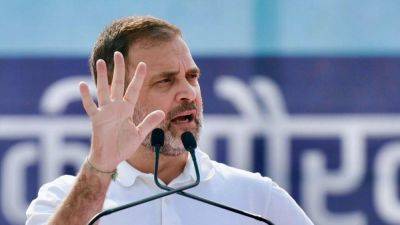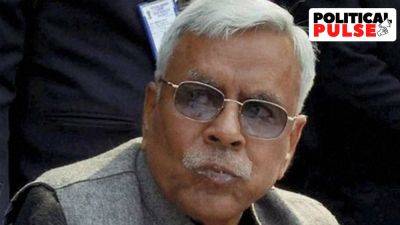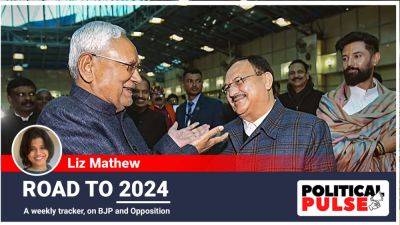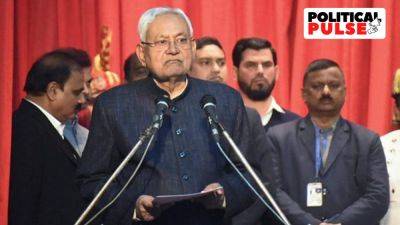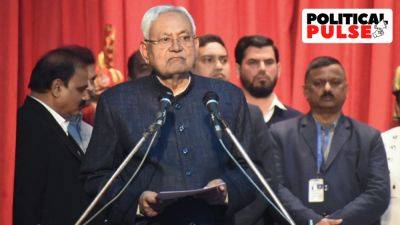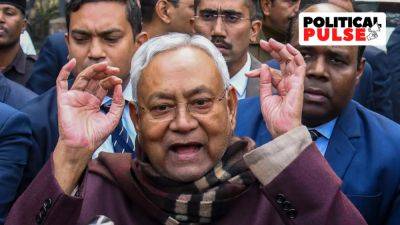As Nitish continues to shake up Bihar politics, 4 reasons why he remains JD(U)’s Pied Piper
There are indications that Bihar Chief Minister Nitish Kumar will quit the alliance with the Rashtriya Janata Dal (RJD) on Sunday and stake claim to form the government with the BJP, marking the fourth time in over a decade of him switching sides in just over a decade.
Amid the turbulence in state politics, Nitish, whether with the Mahagathbandhan or the BJP-led National Democratic Alliance (NDA), has managed to retain the CM’s chair and ensured that his party has not split over his repeated flip-flops. His bargaining power has not diminished over the years even though the JD(U)’s electoral footprint has shrunk (it is currently the third-largest party in the Bihar Assembly behind RJD and BJP). Even when he has left the BJP he has been able to ensure that his party does not get split, unlike the Shiv Sena.
Here are four reasons why the JD(U) has not split despite their leader’s frequent U-turns and Nitish remains the force to reckon with in Bihar politics.
A cursory glance at the JD(U)’s history reveals that like most regional parties, except ones that promote dynastic succession, Nitish has never allowed the emergence of a second-in-command. Whether it was his old friend Rajiv Ranjan Singh, also known as Lalan Singh, or bureaucrat-turned-politician R C P Singh, no one was given any key role except organisational responsibility. For a brief period, Nitish looked at promoting Upendra Kushwaha, when he was made the Leader of the Opposition in the mid-1990s. But Kushwaha’s growing ambition led to a falling out with Nitish, who then stopped promoting anyone.
Senior Congress leader Digvijaya Singh once famously said Nitish would not like “even a distant second to him”. But it is Nitish’s supremacy as the leader of the party that


